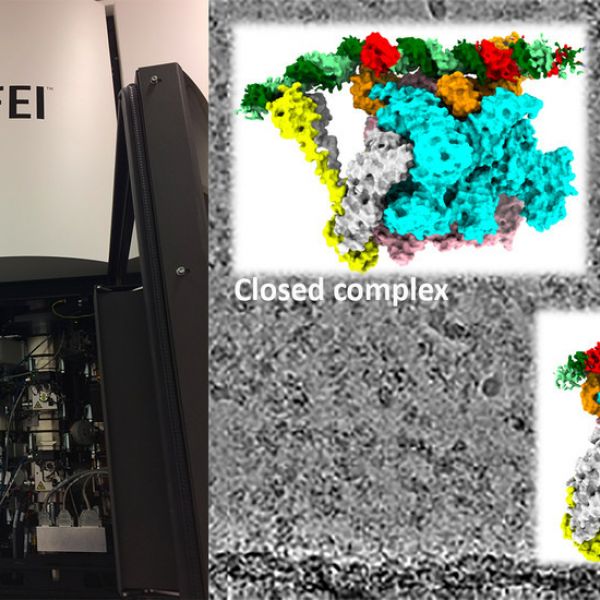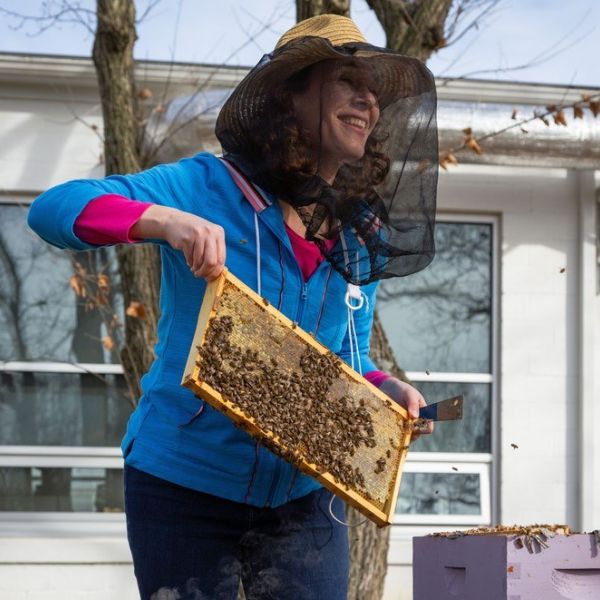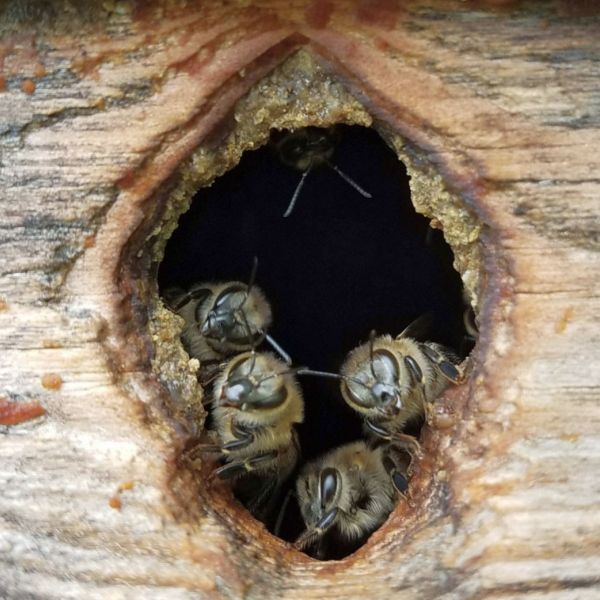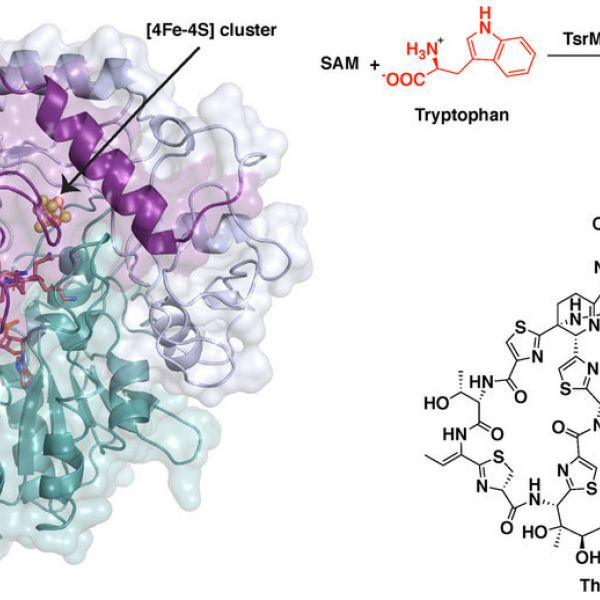News

Jan 28, 2021
Ecology Institute to hold pitch slam for funding competition
The Ecology Institute announced a funding competition for its annual Flower Grant for Ecological Research. The events, which will take place as virtual pitch slams, will occur from noon to 1 p.m. on March 9 and 10. The Ecology Institute is inviting researchers who are seeking funding to participate.
Full Article

Jan 28, 2021
Two members of Eberly College honored for extraordinary efforts during pandemic
Matthew Ferrari, Huck Career Development Professor and Associate Professor of Biology, was one of two people honored with Dean’s Special Awards for their efforts to support the Eberly College of Science and the University in response to COVID-19.
Full Article

Jan 27, 2021
Therapeutic cell researcher joins biomedical engineering and Huck Institutes
Yuguo “Leo” Lei joined the Penn State Department of Biomedical Engineering as an associate professor and the Huck Institutes of the Life Sciences as the inaugural faculty director of the Sartorius Cell Culture Facility in a joint appointment on Jan. 1.
Full Article

Jan 22, 2021
Regulating the ribosomal RNA production line
Cryo-electron microscopy study allows researchers to visualize structural changes in an E. coli enzyme synthesizing ribosomal RNA that shift it between turbo- and slow-modes depending on the bacteria’s growth rate
Full Article

Jan 21, 2021
Sartorius Stedim Biotech’s $1.5M gift creates cell culture facility
Sartorius Stedim Biotech, a leading international partner of the biopharmaceutical industry, has committed $1.5 million to Penn State to create the Sartorius Cell Culture Facility, which will expand Penn State’s biotechnology ecosystem.
Full Article

Jan 21, 2021
Grozinger receives National Academy's Prize in Food and Agriculture Sciences
Christina Grozinger, Publius Vergilius Maro Professor of Entomology in Penn State's College of Agricultural Sciences, will be honored by the National Academy of Sciences for helping the world understand how to address the crisis of global declines in pollinator populations.
Full Article

Jan 20, 2021
Two Ecology Grad Students Win College of Ag Sci Grants
Two members of the Huck's Ecology graduate program were among the ten winners of the College of Agricultural Sciences' Graduate Student Competitive Grants Program.
Full Article

Jan 20, 2021
Feral colonies provide clues for enhancing honey bee tolerance to pathogens
Understanding the genetic and environmental factors that enable some feral honey bee colonies to tolerate pathogens and survive the winter in the absence of beekeeping management may help lead to breeding stocks that would enhance survival of managed colonies, according to a study led by researchers in Penn State's College of Agricultural Sciences.
Full Article

Jan 19, 2021
Arts and Architecture appoints interim head of landscape architecture
Charles Andrew “Andy” Cole, associate professor of landscape architecture and ecology and the director of the E+D: Ecology plus Design research initiative, has been appointed the interim head of the Department of Landscape Architecture by Penn State College of Arts and Architecture Dean B. Stephen Carpenter II.
Full Article

Jan 18, 2021
Synthesis of potent antibiotic follows unusual chemical pathway
Images of a protein involved in creating a potent antibiotic reveal the unusual first steps of the antibiotic’s synthesis. The improved understanding of the chemistry behind this process, detailed in a new study led by Penn State chemists, could allow researchers to adapt this and similar compounds for use in human medicine.
Full Article